Looking for something to help with your oily skin? Before you try harsh synthetic treatments, consider ashwagandha, a popular Ayurvedic herb long used to help ease the mind. New research has found this plant to have the ability to reduce the appearance of aging skin and to reduce clogged pores.
This ancient Ayurvedic remedy may help even your skin tone.
A Little Bit About the Ingredient Itself
Ashwagandha (Withania somnifera) in Sanskrit means “horse’s smell,” which most likely refers to the odor of the root. The plant is also called “winter cherry,” and is known by some as “Indian ginseng” because of it’s rejuvenating effects, though it is not botanically related to ginseng.
The plant grows as a short, woody shrub, reaching only about 30 inches tall. It has elliptical green leaves covered in a matte of wooly hairs, and it has small, five-petaled green flowers and red seeds. The plant flowers year round, and produces orange-red fruit. The roots are long, brown, and tuberous, and are the most popular part of the plant for medicinal use.
Native to Southeast Asia and grown particularly in India, ashwagandha likes drier regions, and is usually grown as a late rainy-season crop.
Internal Health Benefits of Ashwagandha
In medicine, all parts of the plant are used for various purposes—the leaves, berries, and roots, though the root is thought to have the most medicinal benefits. The herb is commonly used in Ayurvedic medicine, and is most popular as an “adaptogen”—a remedy for stress that is said to strengthen the immune system and enhance energy. It has also been used to soothe the mind, promote restful sleep, and as a general tonic because of its calming abilities.
Ashwagandha is said to help treat fatigue, pain, and gastrointestinal ailments. In Ayurvedic medicine, it’s considered an overall health tonic.
Some small studies have shown the herb to have modern health benefits as well. In 2008, scientists found it may help protect against inflammation and cartilage damage associated with osteoarthritis. A 1994 study confirmed that the compounds in ashwagandha stimulate immune cells, and a more recent study found that an herbal tea containing ashwagandha increased natural killer cell activity in healthy volunteers with recurrent coughs and colds.
Preliminary animal research suggests the herb may be helpful in normalizing blood sugar and improving insulin sensitivity, which would be helpful to diabetics.
According to the Memorial Sloan-Kettering Cancer Center, ashwagandha is also rich in iron, and has shown in small-scale human studies to promote growth in children, and to improve red blood cell count and sexual performance in adults. It may also be useful in treating male infertility.
Ashwagandha’s Benefits to the Skin
One of the most popular applications in skin care is to use the herb for oily skin and clogged pores.
Here are more of ashwagandha’s benefits to the skin:
- Anti-aging: The particular combination of components in the plant help moisturize, calm, and protect, making this the perfect addition to anti-aging formulas.
- Antioxidant: Like most plants, ashwagandha has antioxidant properties, proven in laboratory tests to help protect from environmental stressors.
- Cleansing: Novel compounds in ashwagandha known as “withanolides” help cleanse dirt and impurities, which can help prevent clogged pores.
- Moisturizing: In Ayurvedic medicine, ashwagandha is often prescribed for dry, rough skin.
Try It!
I use ashwagandha in the following products for its ability to keep skin clean and protected.
- Anti-Aging Eye Cream
- Herbal Facial Oil for Normal and Combination Skin
- Herbal Facial Oil for Oily Skin
Have you used ashwagandha for stress-relieving benefits? Please share your tips.
* * *
Sources
Sumantran VN, Chandwaskar R, Joshi AK, Boddul S, Patwardhan B, Chopra A, Wagh UV. “The relationship between chondroprotective and antiinflammatory effects of Withania somnifera root and glucosamine sulphate on human osteoarthritic cartilage in vitro.” Phytotherapy Research 2008 22(10):1342-8.
Bhattacharya SK, Bhattacharya A, Sairam K, Ghosal S. “Anxiolytic-antidepressant activity of Withania somnifera glycowithanolides: an experimental study.” Phytomedicine 2000 7(6):463-9.
Anwer T, Sharma M, Pillai KK, Iqbal M. “Effect of Withania somnifera on insulin sensitivity in non-insulin-dependent diabetes mellitus rats.” Basic & Clinical Pharmacology & Toxicology 2008 102(6):498-503.
“Ashwagandha,” Memorial Sloan-Kettering Cancer Center, http://www.mskcc.org/cancer-care/herb/ashwagandha.
al-Hindawi MK, al-Khafaji SH, Abdul-Nabi MH. Anti-granuloma activity of Iraqi Withania somnifera. J Ethnopharmacol. Sep 1992;37(2):113-116.
Malik F, Kumar A, Bhushan S, et al. Reactive oxygen species generation and mitochondrial dysfunction in the apoptotic cell death of human myeloid leukemia HL-60 cells by a dietary compound withaferin A with concomitant protection by N-acetyl cysteine. Apoptosis. Nov 2007;12(11):2115-2133.
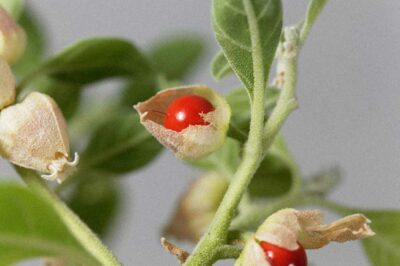


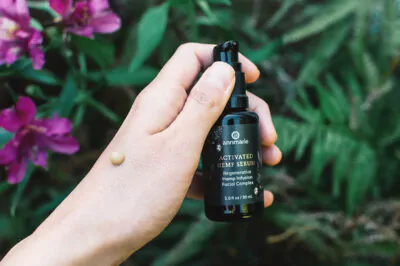
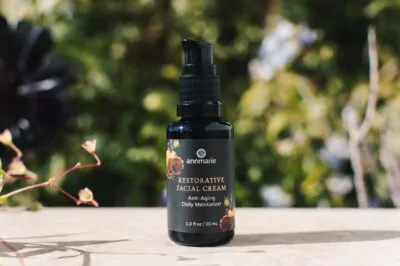
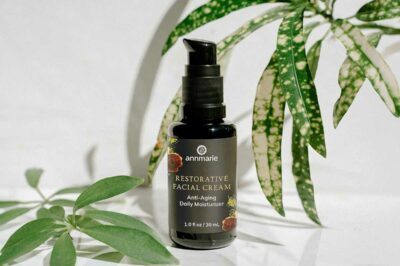

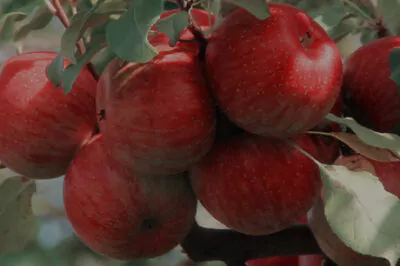
Leave a Reply